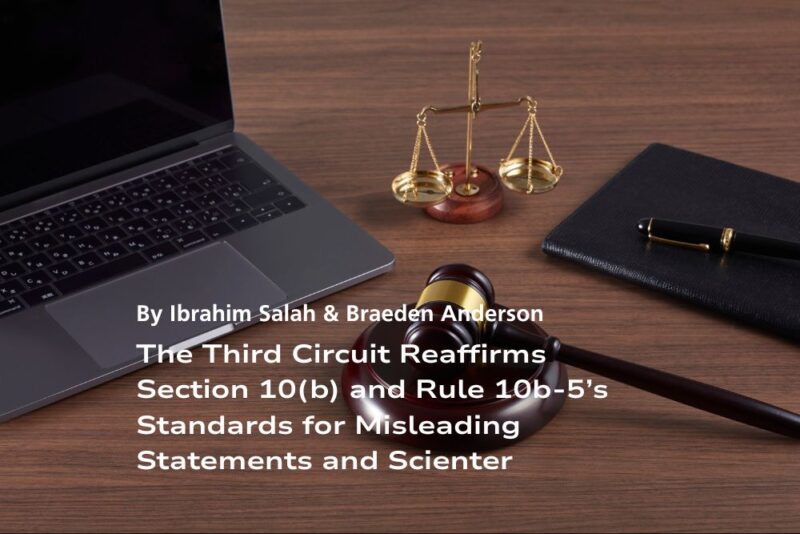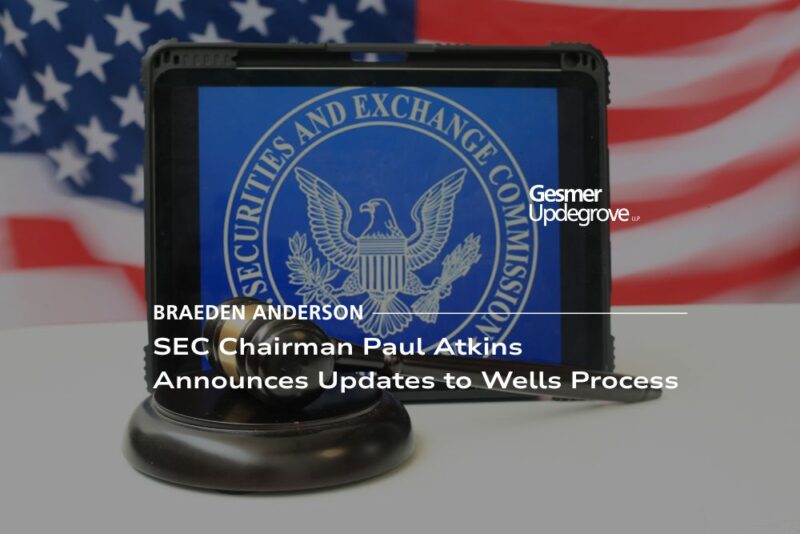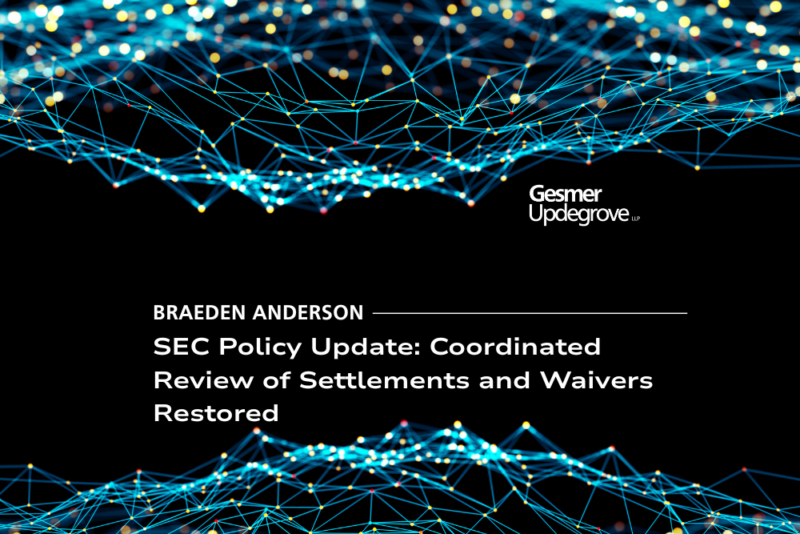By Ibrahim N. Salah
On April 23, 2025 (the “Effective Date”), President Trump issued an executive order entitled “Restoring Equality of Opportunity and Meritocracy” (the “Executive Order”) concerning the disparate impact liability that has been employed in discrimination enforcement actions and lawsuits. Disparate impact involves imposing a theory of discrimination liability when a practice, neutral on its face (and no intent to discriminate) has a statistically significant impact on a protected group.
What does the Executive Order do?
This Executive Order seeks to eliminate the federal government’s use of disparate-impact theories of liability in its matters under Title VI of the Civil Rights Act of 1964 (which prohibits discrimination in programs and activities receiving federal funding) and its matters under Title VII of the Act (which prohibits employment discrimination). It revokes presidential approvals of certain Title VI regulations and tasks the Attorney General of the United States (the “AG”) with reporting to the President on steps that federal agencies would need to take in order to change Title VI regulations.
At the state level, the Executive Order tasks the AG with reporting to the President on state laws, decisions, or policies that impose disparate-impact liability. The AG must also report on measures needed to address their constitutional or legal infirmities, and on the AG’s determination as to whether they can be overruled or “preempted”.
What Impact will the Executive Order have on employers that must abide by Title VII?
Discrimination actions under federal law
As to Title VII specifically, there is much uncertainty about which parts of the Executive Order will survive legal challenges. It is imperative for employers to understand how to navigate this new and changing Title VII landscape.
As a result of the Executive Order, federal agencies are less likely to initiate Title VII investigations or enforcement actions—such as those by the EEOC—relying on the theory. They may pause or even dismiss actions against employers that do. Organizations or companies facing Title VII enforcement actions might wish to seek the closure of such actions in light of the Executive Order.
For private causes of action under Title VII, a complaint with the EEOC must first be made before a federal lawsuit is filed by a plaintiff or plaintiff-class. However, even if the EEOC is to deny a disparate impact claim, the claim can still make its way through the federal courts.
Discrimination actions under state law
Some states, including Massachusetts, have independently recognized the disparate impact theory of liability in the employment context.
Contact Us Today With Any Questions!
The Executive Order calls for the AG to report on state law or policies that impose disparate impact liability for purposes of preemption. However, states that recognize this liability theory will almost certainly push back on any attempts by the federal government to interfere with state practices.
It is far too soon to know whether a federal policy disfavoring the disparate impact theory may be deemed to “pre-empt” contrary state laws and policies.
If you would like to discuss the impact and status of the Executive Order, please contact Ibrahim Salah.
Meet the Author!
Check Out Our Latest Publications:
- CRYPTO TAX: YEAR-IN-REVIEW

- The Third Circuit Reaffirms Section 10(b) and Rule 10b-5’s Standards for Misleading Statements and Scienter

- SEC Chairman Paul Atkins Announces Updates to Wells Process

- SEC Policy Update: Coordinated Review of Settlements and Waivers Restored

- SEC Provides Key Update on Treasury Clearing Rule Implementation

- Coordinated Clarity: SEC and CFTC Issue Joint Statement on Spot Crypto Asset Trading

